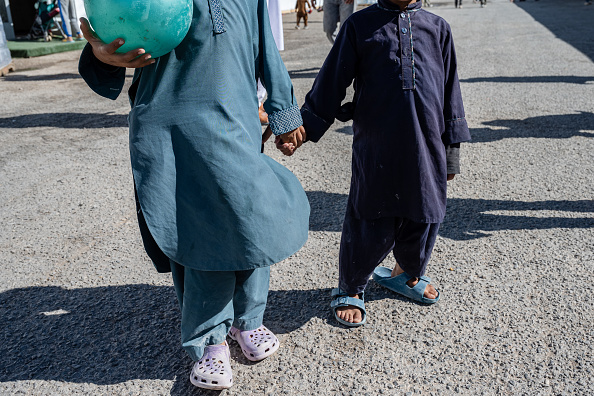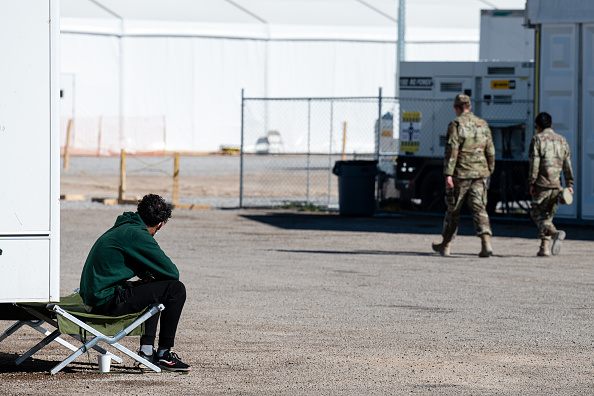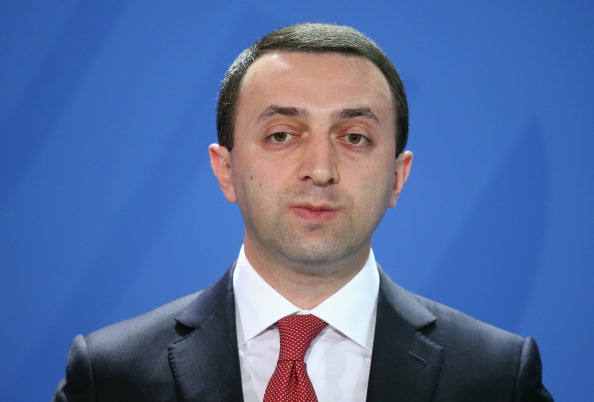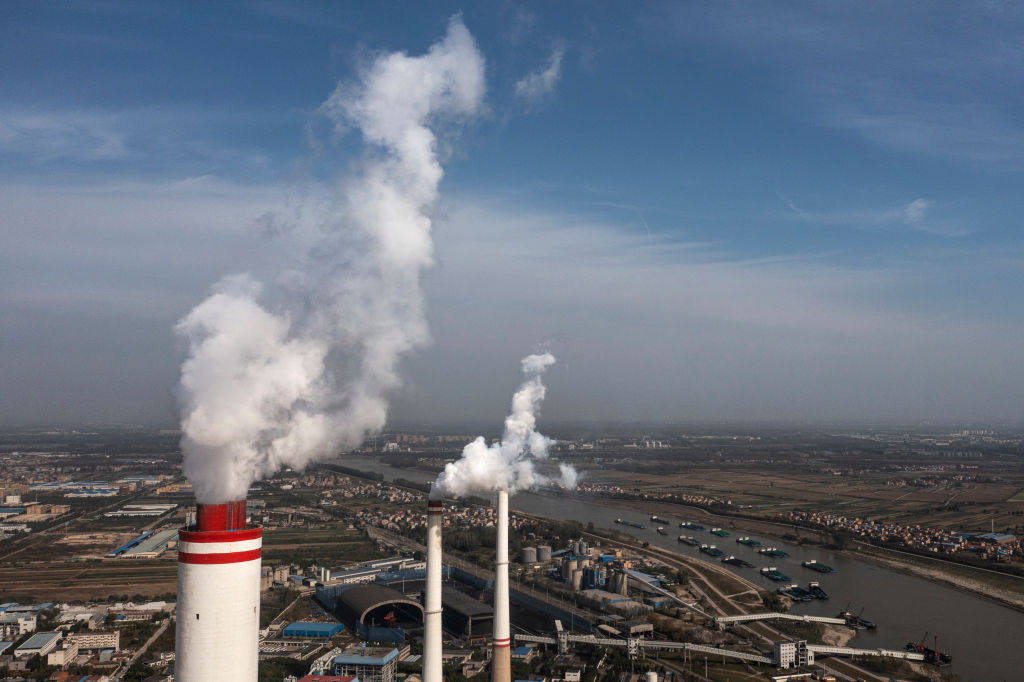Best of the year: a look at foreign politics, from Afghanistan to China

Australia was in the midst of a social media storm in February, when it tried to force tech giants to pay for linked news content on their platforms. Things went terribly wrong, wrote Anna-Sophie Harling, as Facebook proceeded to block all news content on its platform. Australian users were kept in the dark, unable to access key news content about politics or the pandemic, while misinformation proliferated. A very prescient event, considering the current general unhappiness with the social media giant.
The reason Facebook has taken this drastic step is because it’s seriously concerned about the threat of international regulation with real teeth.
Anna-Sophia Harling
Afghanistan was another huge story this year, with the Taliban taking control of the country and thousands of Afghan citizens attempting to flee. One of the many things banned under Sharia law, wrote Sascha O’Sullivan, is dog ownership, reason why former UK Royal Marine Pen Farthing intervened to get dogs and cats out of the country and in the UK. This move showed a complete misalignments of priorities in British politics. Animal campaigners should have stopped and thought: I’m saving the dogs, but who’s saving the women, the artists, the LGBTQ community in Afghanistan?
Everyday people writing to their MP should take a long hard look at themselves and ask why they have not also penned a letter about the people left to squalor under the Taliban’s regime.
Sascha O’Sullivan

In September, Richard Ottoway took a look at events in Georgia, suggesting that the country was increasingly behaving in an authoritarian manner, diverging from its European ambitions. Violence against the LGBTQ community during Pride in the summer, and a cooperation agreement with the Belarusian KGB are worrying developments. Western leaders should support the reformist elements of Georgian society, and make clear what the consequences are for authoritarianism.
If Georgia wants to succeed in its foreign policy ambitions, it will have to shirk off the influences holding it back.
Richard Ottoway

On the anniversary of Operation Reinhard, the most destructive phase of the Holocaust, Olivia Marks-Woldman and Joan Salter wrote about what we have learnt from the atrocities of World War Two, and how we must do better in this new century. The systematic oppression of Uyghur Muslims in China is something the international community should stop with resolve, proving that the world now knows how to protect civilisation.
There is a chance to do better, to ensure that others do not bear that same fate. We must seize that opportunity.
Olivia Marks-Woldman and Joan Salter
China has been at the centre of the storm not only for its treatment of Uyghur Muslims, however. Julia Pamilih looked at another important problem with the Asian giant: its addiction to coal. While the world tries to move forward with the fight against climate change, China is still refusing to sign up to the US-led global pact to cut methane emissions by 2030. Unless it turns words into real commitment, systemic progress on climate won’t be possible.
When regime stability is under threat, it has become a tradition to turn to coal.
Julia Pamilih

